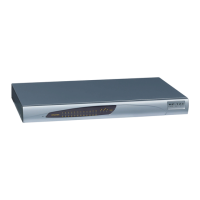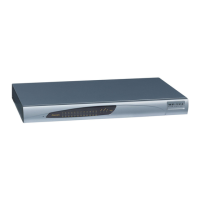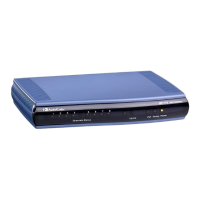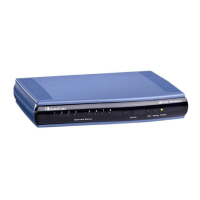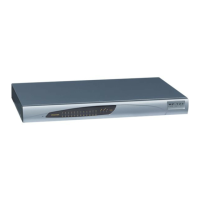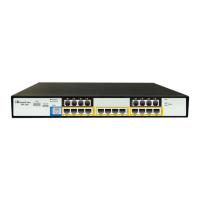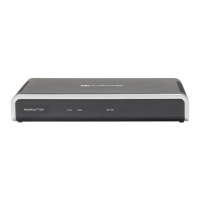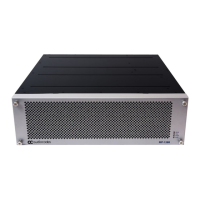SIP User's Manual 144 Document #: LTRT-65415
MediaPack Series
Parameter Description
Source IP Address The source IP address of the incoming IP call (obtained from the Contact
header in the INVITE message) that can be used for routing decisions.
Notes:
You can configure from where the source IP address is obtained,
using the parameter SourceIPAddressInput.
The source IP address can include the following wildcards:
9 "x": depicts single digits. For example, 10.8.8.xx represents all the
addresses between 10.8.8.10 and 10.8.8.99.
9 "*": depicts any number between 0 and 255. For example, 10.8.8.*
represents all addresses between 10.8.8.0 and 10.8.8.255.
Calls matching all or any combination of the above characteristics are sent to the Hunt Group ID
defined below.
Note: For alternative routing, additional entries of the same characteristics can be configured.
Hunt Group ID The Hunt Group to which the incoming SIP call is assigned if it matches
all or any combination of the parameters described above.
IP Profile ID The IP Profile (configured in ''Configuring IP Profiles'' on page 122) to
assign to the call.
Source IP Group ID The IP Group associated with the incoming IP call. This is the IP Group
from where the INVITE message originated. This IP Group can later be
used as the 'Serving IP Group' in the Account table for obtaining
authentication user name/password for this call (see ''Configuring Account
Table'' on page 113).
3.3.2.8.3.4 Configuring Alternative Routing Reasons
The 'Reasons for Alternative Routing' page allows you to define up to five Release Reason
codes for IP-to-Tel and Tel-to-IP call failure reasons. If a call is released as a result of one
of these reasons, the device tries to find an alternative route for the call. The device
supports up to two different alternative routes.
The release reasons depend on the call direction:
Release reason for IP-to-Tel calls: Reason for call release on the Tel side, provided
in Q.931 notation. As a result of a release reason, an alternative Hunt Group is
provided. For defining an alternative Hunt Group, see ''Configuring IP to Hunt Group
Routing Table'' on page 142. This
call release reason type can be configured, for
example, when the destination is busy and release reason #17 is issued or for other
call releases that issue the default release reason (#3) - see the parameter
DefaultReleaseCause.
Release reason for Tel-to-IP calls: Reason for call release on the IP side, provided
in SIP 4xx, 5xx, and 6xx response codes. As a result of a release reason, an
alternative IP address is provided. For defining an alternative IP address, see
''Configuring Tel to IP Routing'' on page 138. This
call release reason type can be
configured, for example, when there is no response to an INVITE message (after
INVITE re-transmissions), the device issues an internal 408 'No Response' implicit
release reason.
The device plays a tone to the endpoint whenever an alternative route is used. This tone is
played for a user-defined time, configured by the AltRoutingToneDuration parameter.
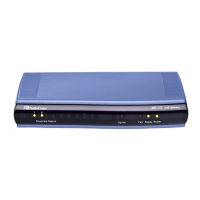
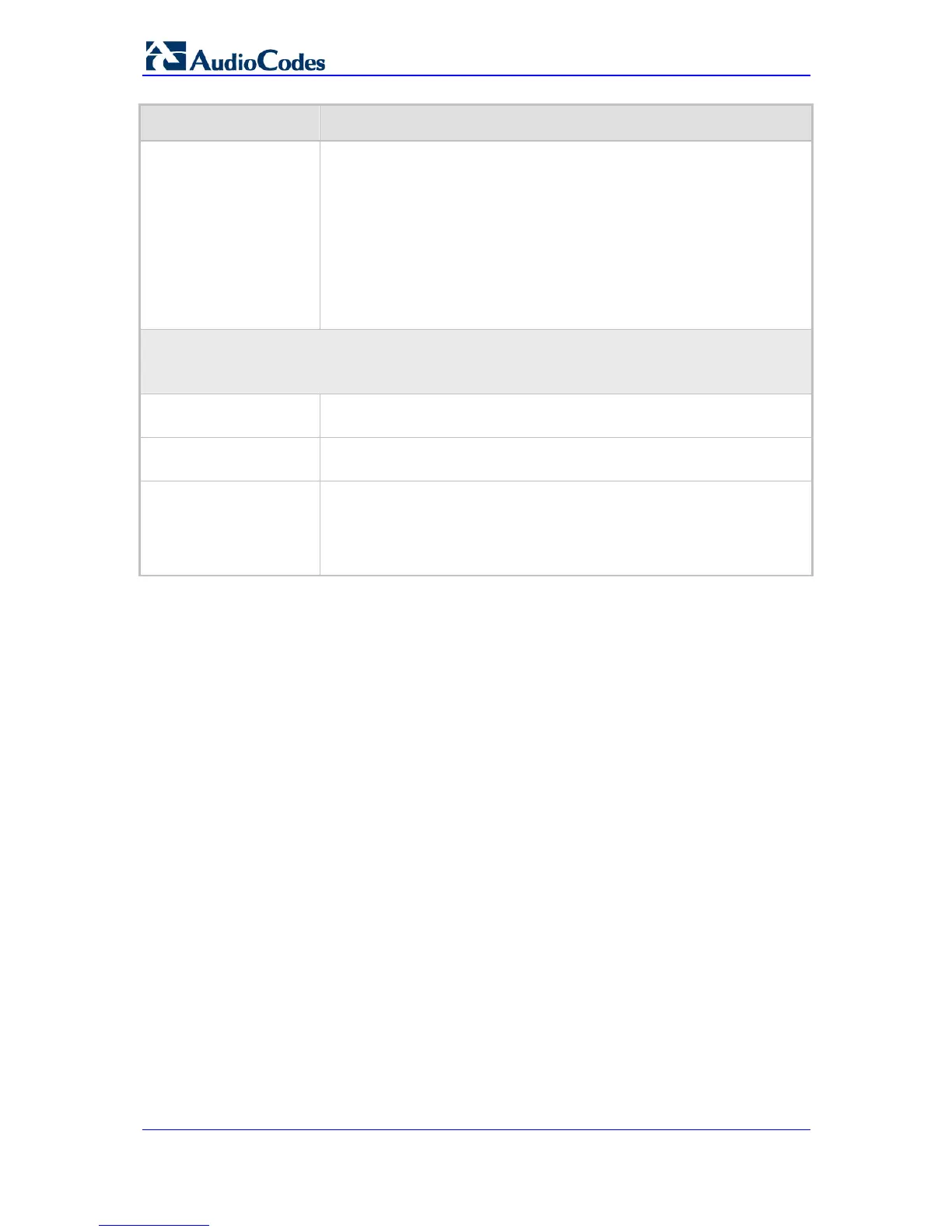